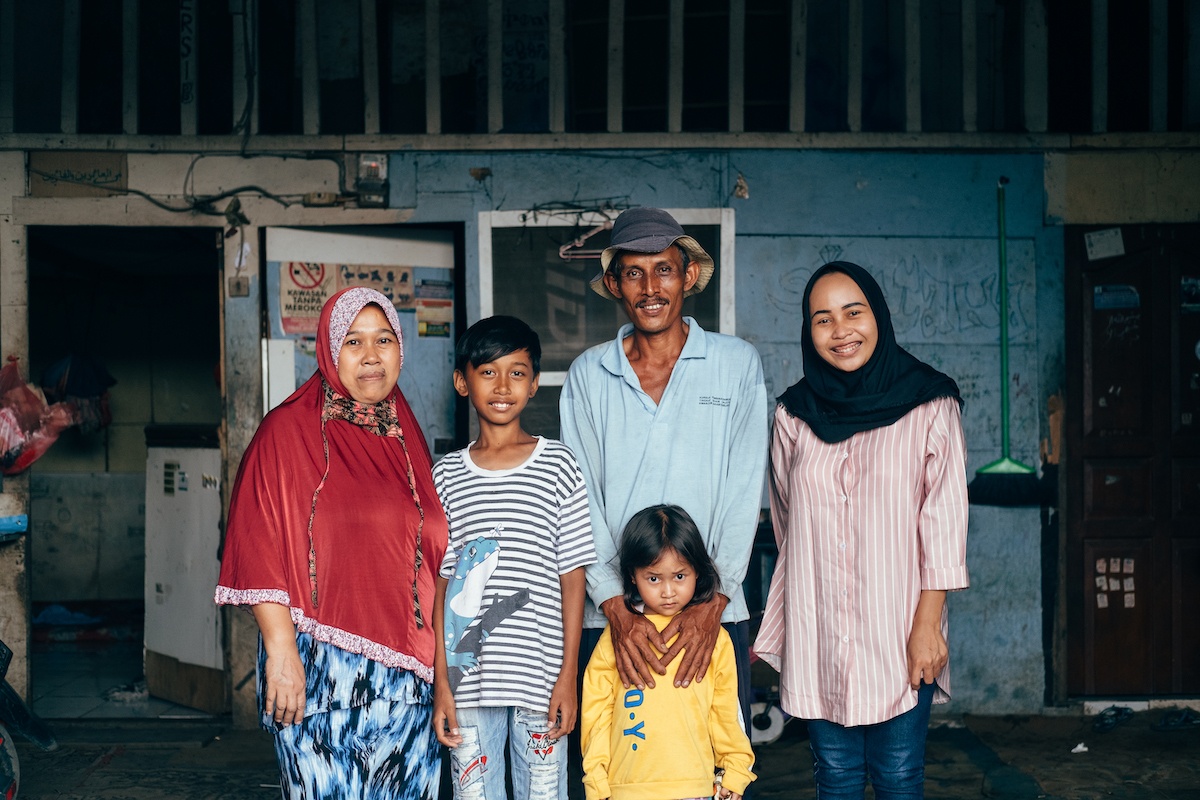Photograph credit: Muliadi Utomo
Are you a conscious consumer, interested in the work of projects in Indonesia that enhance knowledge and understanding about human-nature interactions, care for the conservation and sustainability of nature, advocacy and activism for people and planet? Then this article is for you!
If you are currently living in Indonesia, we don’t have to convince you that Indonesia is an incredibly beautiful country. Home to the world’s largest archipelago – more than 17,000 islands, 81,000 kilometres of coastlines, rich in natural beauty, possessing a wealth of flora, fauna and a rich abundance of biodiverse marine ecosystems.
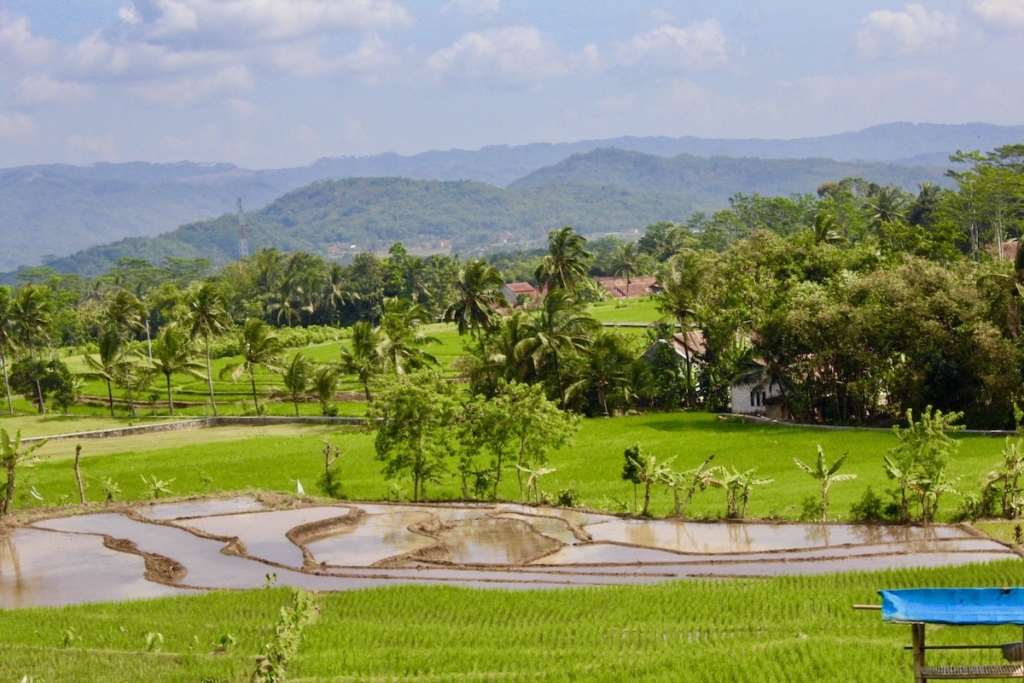
Despite Indonesia’s beauty, it is not dissimilar to countries around the world that are challenged by the problem of plastic-waste pollution. The Jakarta mega-city is no exception.
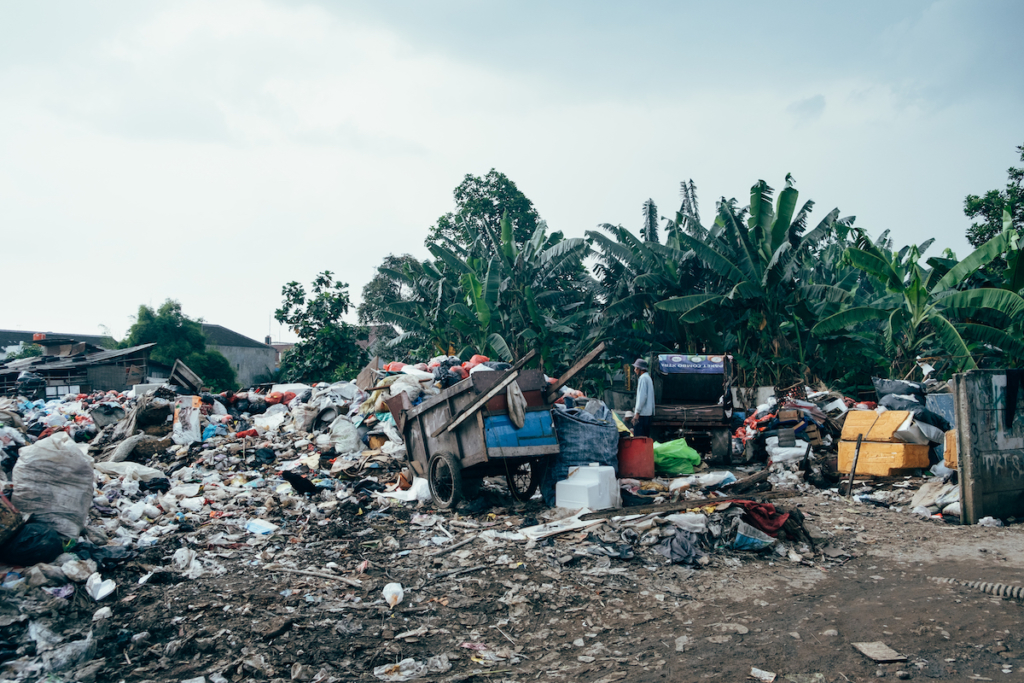
But it is not all bad news!
It is definitely not all bad news! If you have been living in Jakarta over the last 5 years, you will have noticed an increasing local awareness about the environment starting with moves to reduce or substitute plastic usage. Examples include replacing single-use packaging with reusable packaging; embracing new delivery models, such as refill shops; a move away from single-use plastic consumption, including plastic straws and single use plastic bags.
Do check out:
Waste Less Jakarta by NAakara
Going Green in Jakarta
Waste4change
Zero Waste Living Lab
Local engagement in solving problems associated with waste and that support local people through education and focus on sustainability is strong.
Excellent examples of local businesses, not for profits and social enterprises delivering projects that impact and empower and focus on sustainability:
Impact driven & hand made:
XSProject
Paisley Things
Thread to Fabric | For Kids
I Want to Smell the Perfume
House of Diamonds
Popsiklus
Threadapeutic
Travel / hiking / guided urban cycling tours:
Organic farm & farmstay
International Associations
Equally international associations like ANZA, BWA, AWA support local education projects focused on sustainability through their welfare arms. International associations are always looking for like minded people to come on board, either in volunteer roles or promotion of their work within the local community.
Newcomer to the plastic pollution space in Jakarta:
New to the Jakarta Social Enterprise arena is early stage Start-Up DJAMU (and this DJAMU is not a herbal drink!). DJAMU has big plans for the informal plastic waste arena in Jakarta. DJAMU was founded by Australian, Elizabeth (Liz) McClean in 2019. Liz was blogging in Jakarta from 2014 – 2019 (you might know Liz already from her blog, ‘A Journey Bespoke’) when she experienced first hand the problem of plastic pollution and social inequality. We interviewed Liz to get more information on her new project.
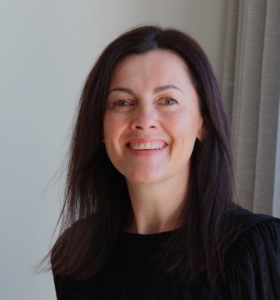
How did you get this idea, Liz?
The idea was envisaged over a period of eight years in Jakarta, Indonesia, observing the sight of plastic pollution, and stream of trash pickers (informal waste workers) from my car window on a daily basis. Trash pickers are some of the most poor and marginalised people living in Indonesia. To make a living, trash pickers collect trash from roadsides and landfills. A trash picker can travel up to 100 kilometres per day to collect enough trash to re-sell. A trash picker’s tool of trade is his cart, which he pulls along traffic choked streets, often with his family accompanying him, sitting on top of the trash. These sights prompted me to act on the problems of social inequality and plastic pollution. A contrasting sight was the Indonesian herbal drink seller, Ibu Jamu. Jamu embraces the Indonesian long held philosophy of harmony between a person and their environment, supports health and well-being and provides a livelihood.
The DJAMU trash pickers collect bottle caps. Why bottle caps?
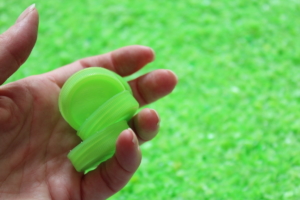
The DJMAU trash pickers collect HDPE bottle caps from landfill and from the side of the road. HDPE (High-Density Polyethylene) plastic is a perfect fit for our project. It has the right physical characteristics for Djamu products since it is lightweight, strong and resistant to water, UV from sunlight and cold temperatures. It can be recycled multiple times. Plus it is used in every country for bottle closures which are often overlooked in recycling efforts which focus on the bottles. This means it is available in the waste stream and it is contributing significantly to global plastic pollution.
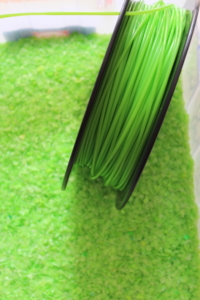
How do you process the plastic bottle caps?
The plastic recycling machines we use were inspired by the Precious Plastic Project, an open-source blueprint by Dave Hakkens. They allow us to shred the bottle caps and then extrude them.
What is your ultimate aim?
DJAMU plays an important role in the circular economy of plastics. If eight million tonnes of plastic enter our oceans each year and this lasts forever then it makes sense to intercept, capture it and reuse it again.
Recycling plastics creates less Co2 emissions than using virgin plastics. DJAMU is keeping the ‘added value’ in products for as long as possible, keeping resources within the economy when a product has reached the end of its life, so that they can be productively used again and again, creating further value and at the same time eliminating waste. Our ultimate goal is to create an enterprise that will educate, inspire, challenge stereotypes and disrupt the current industry; in doing so improving the lives of all the people we work with in Jakarta.
We are an early stage social enterprise and currently working on a very EXCITING NEW PRODUCT!
Please follow us! DJAMU is soon to announce some exciting news!
Instagram: @the.djamu
LinkedIn: DJAMU
Or if you wish to connect with Liz, you can find her at LinkedIn
Also read EMC’s tipps on getting settled in Jakarta.
SHARE:

